The best reporting of 2015 on Quartz
In 2015, Quartz’s third full year, we finally got to spend a little more time on feature stories. Several focus on technology and China, just as you’d expect from a news organization tracking trends in the global economy. But the pieces that made us proudest also run the gamut from global epidemics to gay rights, from Maine lobsters to management theory, and from spacesuit fashion to fetish couture. Enjoy.


In 2015, Quartz’s third full year, we finally got to spend a little more time on feature stories. Several focus on technology and China, just as you’d expect from a news organization tracking trends in the global economy. But the pieces that made us proudest also run the gamut from global epidemics to gay rights, from Maine lobsters to management theory, and from spacesuit fashion to fetish couture. Enjoy.
The geological treasure hunt that set off a new oil craze

Steve LeVine recounts how experts in the arcane field of paleogeology painstakingly reconstructed the evolution of continents to find new shale oil deposits off the coast of Nova Scotia.
Also by LeVine, whose book on the future of battery technology was published this year: An investigation of the real story of Sakti3, one of the most over-hyped battery startups of the decade; and an exclusive profile of Yet-Ming Chiang, founder of the revolutionary battery-maker 24M.
America’s enigmatic lobster boom
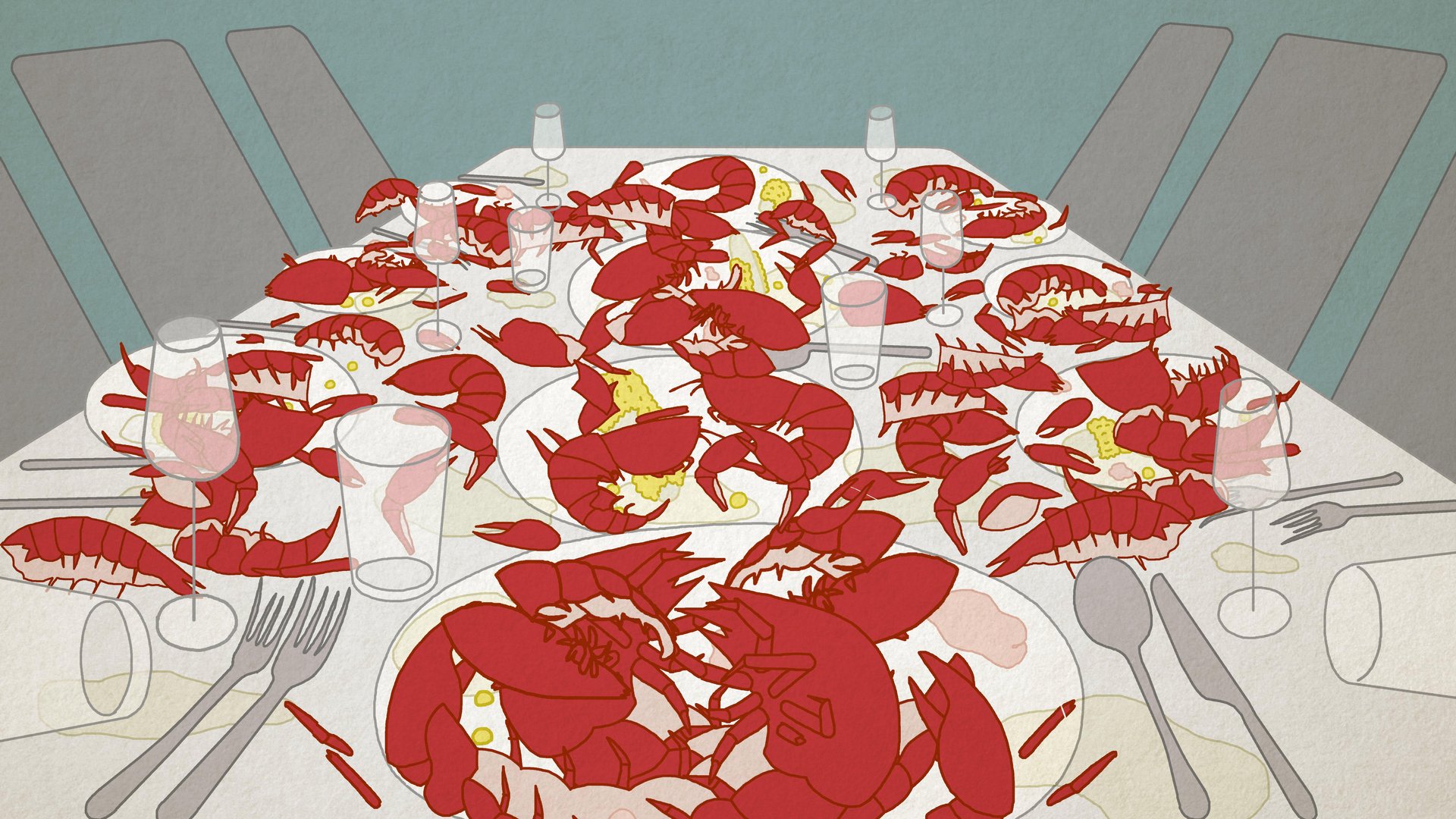
Gwynn Guilford dives deep into the lobster-fishing industry to explain the source of a sixfold surge in Maine lobster catches over the last three decades—and why the bounty may be about to end.
Also by Guilford: Globalization turned dengue fever from a rare tropical disease into a global menace, but one company plans to eradicate it with genetically modified mosquitoes. And Singapore’s ruling dynasty tried to crush a lone blogger who asked tough questions about missing billions in the national pension scheme.
Your next spacesuit is being designed in Brooklyn
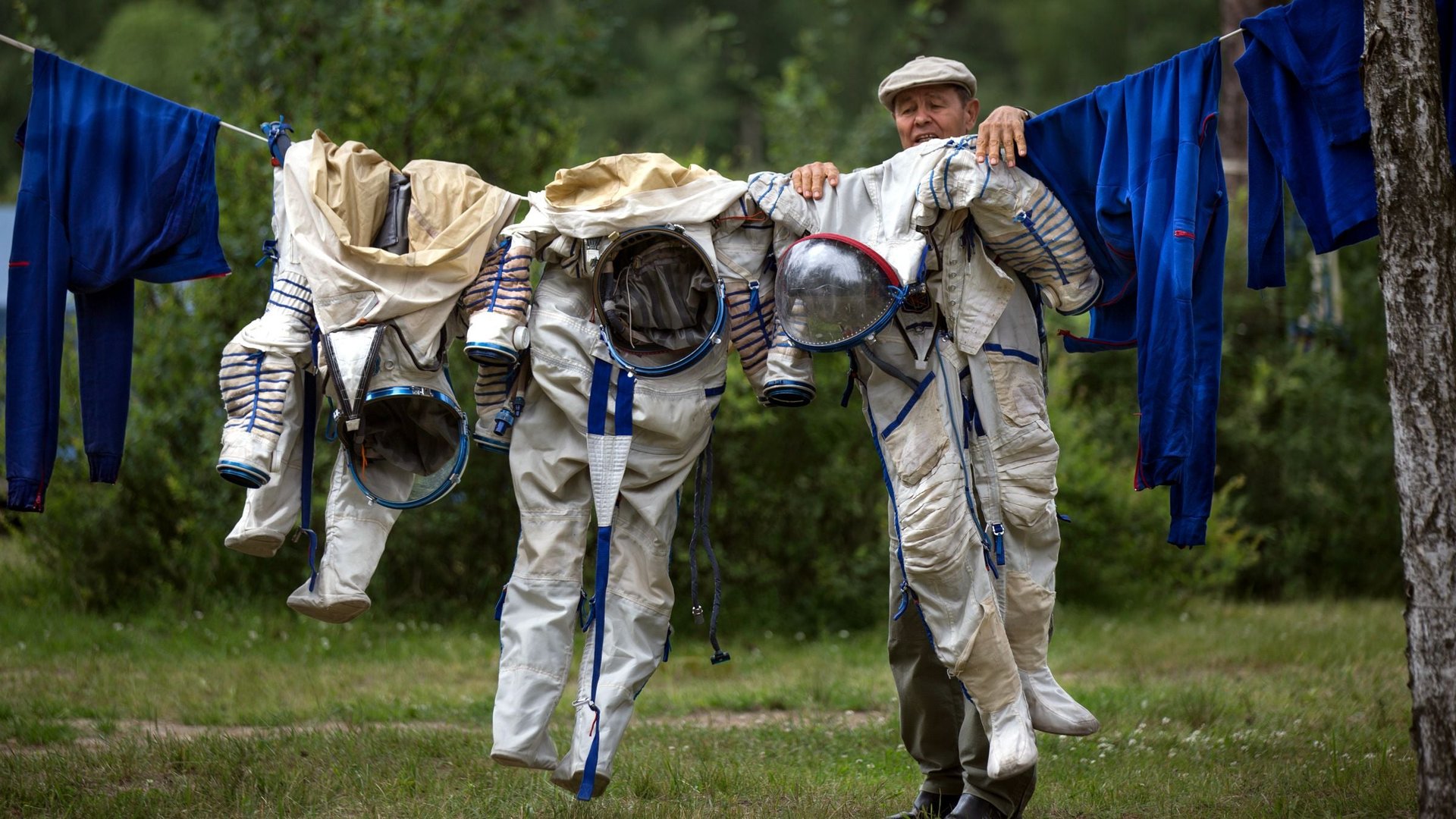
Tim Fernholz visits a spacesuit atelier to learn how fashion and technology will coming together to clothe space tourists in the future.
Also by Fernholz: As US-Cuba relations thaw after a 54-year freeze, a visit to the island reveals an economy already in transition, in often unexpected ways.
The people who pay the price for cheap bacon
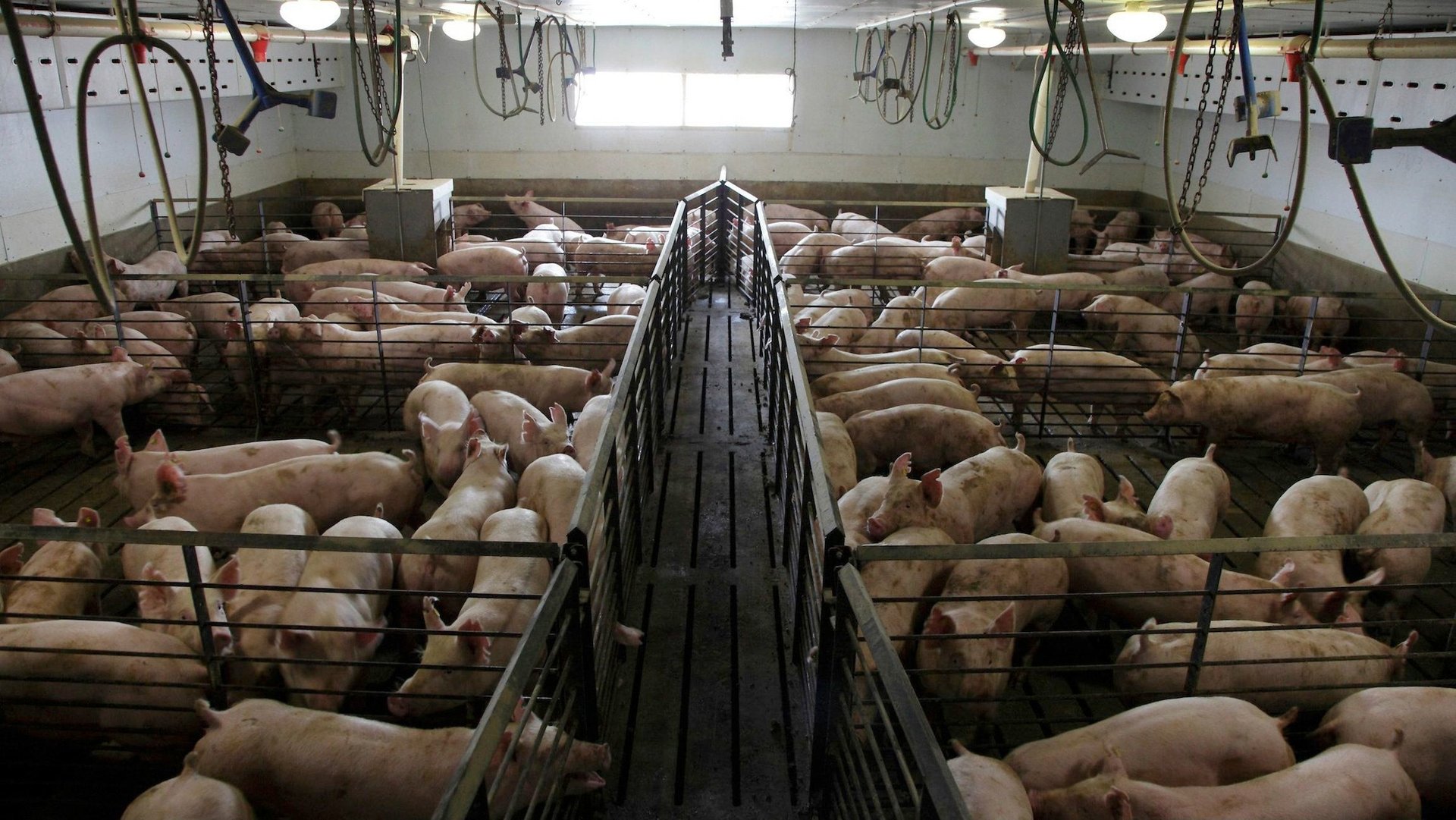
China’s surging demand for pork has caused a boom in pig farming in North Carolina’s “hog country.” As Lily Kuo finds on a trip to the region, it’s the predominantly black, rural poor who suffer the effects—air thick with noxious smells and waste-contaiminated water.
Also by Kuo: a report on 77 Chinese held in Kenya on charges of spying, which highlights the delicate relationship between China and Africa.
“Ghost workers” in the clothing industry

Marc Bain and Shelly Walia peer into the shadowy world of millions of people who work out of their own homes, often for even less pay and in worse conditions than in factories, to make clothes for fashion’s biggest brands.
Holacracy: The future of management, or a social experiment gone awry?
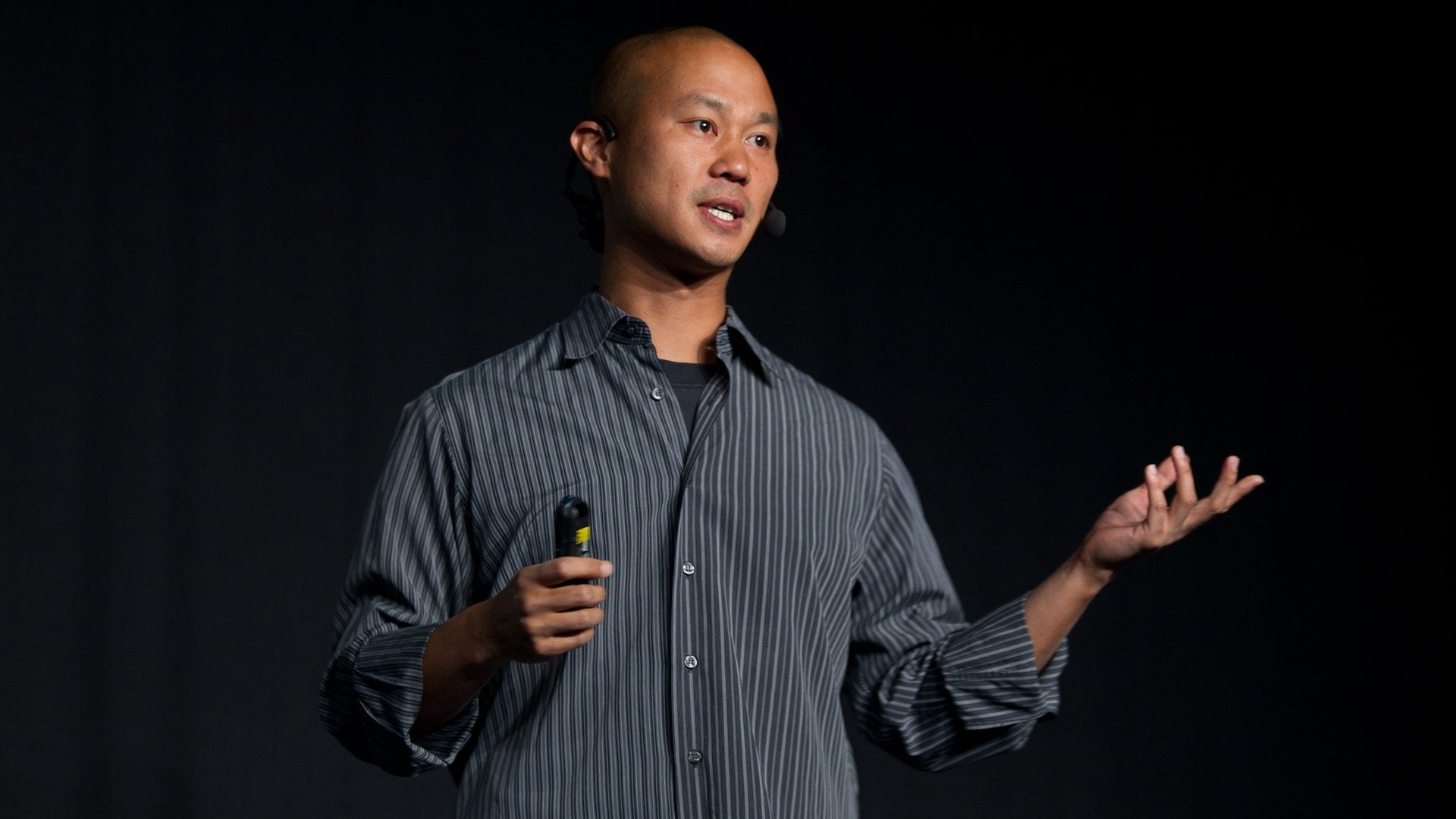
Aimee Groth hangs out in Las Vegas with Tony Hsieh and his team at online retailer Zappos, as they attempt to build a closely-watched “entrepreneurial utopia.” It’s a bumpy ride.
Why GE killed the performance review

Max Nisen looks at the massive cultural shift taking place inside the company most identified with the hated “stack ranking” system, as a new generation of employees comes in with different ideas about the workplace.
Monsanto’s plans for global vegetable domination

Everyone should love the food giant’s new super-broccoli: It’s healthier, tastier, and not genetically modified. But Deena Shanker argues that it’s part of a move by Monsanto to gain even more clout in global food production—and that may not be a good thing.
How NASA won the internet

Adam Epstein shows how the US space agency learned to give personality to satellites, use the power of crowdsourcing, and make “space selfies” go viral—blazing a trail in social media strategy that others have scrambled to emulate.
The story behind one of China’s greatest investment scams
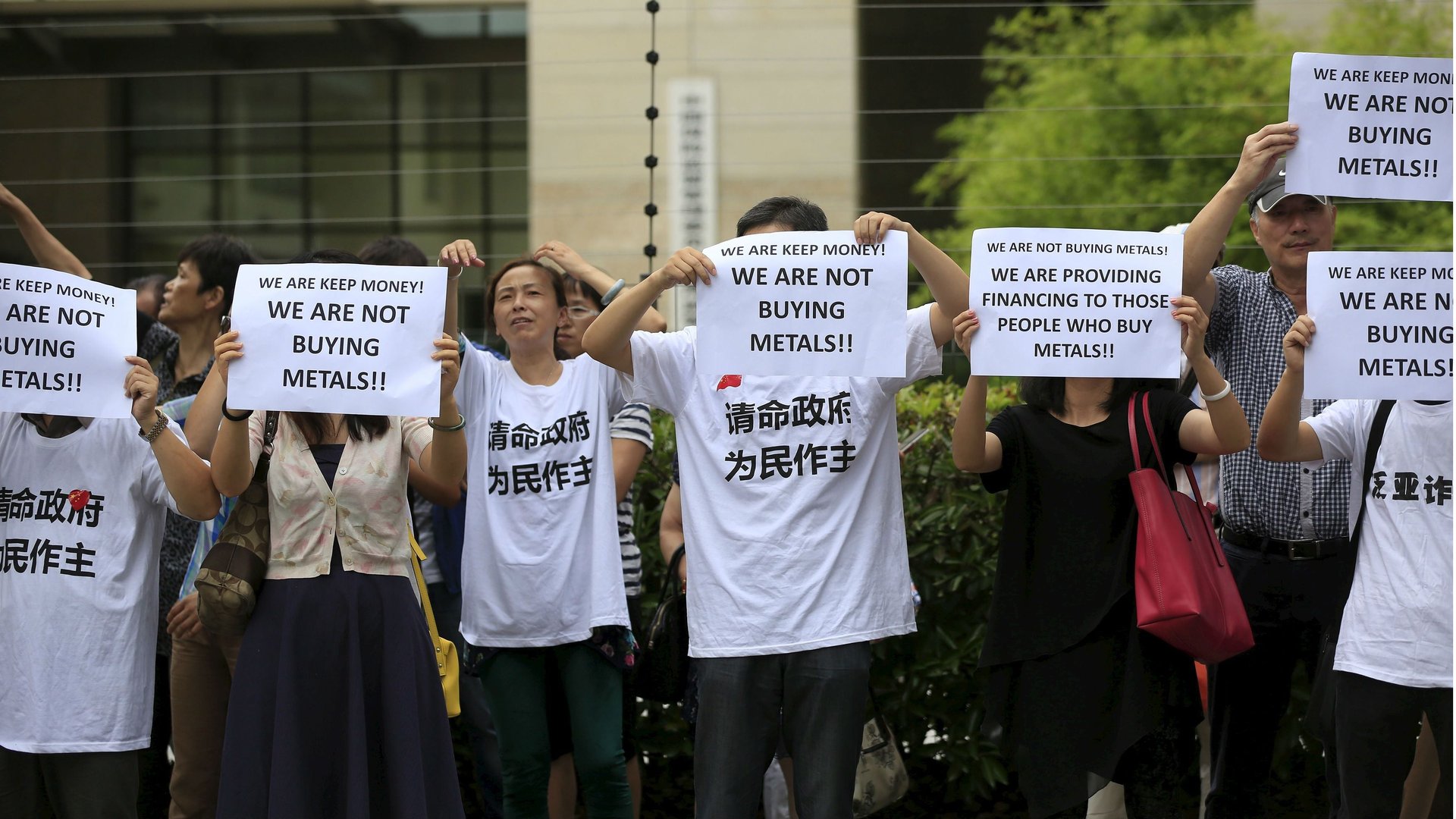
In April, Fanya Metal Exchange, an investment vehicle that promised remarkably high returns, suddenly stopped trading, leaving some $6 billion in assets frozen. In a series of articles, Zheping Huang investigates Fanya’s demise and the Chinese government’s curious reluctance to help 220,000 small investors who lost their life savings.
Also by Huang: A report on China’s “homowives,” the spouses of closeted gay men who have become the country’s unlikely gay-rights advocates.
Economic secrets of the “dark web”

Allison Schrager brings an economist’s eye to the shadowy world of online contraband, explaining how sites like Silk Road have transformed the drug trade—and, surprisingly, made it safer for both buyers and sellers.
The little leather shop where kink meets couture
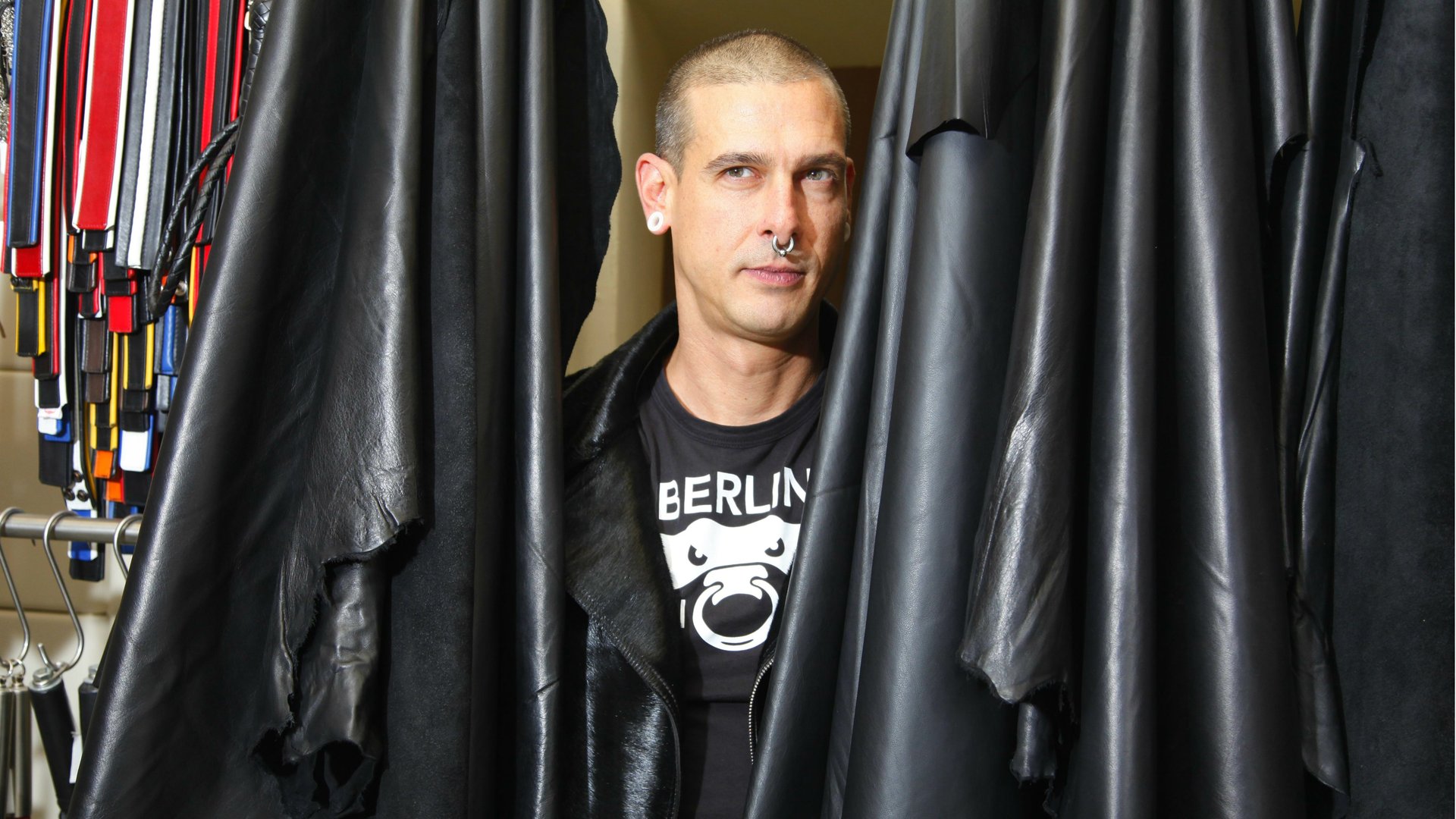
In Berlin’s fetish-wear store Butcherei Lindinger, Jenni Avins finds an unexpected throwback to a bygone era of high fashion, and explores the history of power and sexuality in Berlin that makes it possible.
Can IBM’s moonshots save the company?

Mike Murphy tours the flying-saucer-shaped building where scientists experiment with quantum computers, carbon nanotubes, and brain-like networks, and asks whether the cutting-edge research that has always defined IBM can survive its current doldrums.
Can Hong Kong’s stock exchange cope with modernity?

Listings and trading volumes on the territory’s bourse have exploded as it opens up more ties to mainland China—but as Heather Timmons discovers, its regulatory powers have not kept pace, and investors could be the losers.
The Facebook users who don’t know they’re on the internet

Facebook is trying to make itself the chief—or only—online portal for millions of people. As Leo Mirani finds, it’s working: Some of the social network’s users don’t even know they’re on the internet, which gives Facebook an unnerving level of control over their online lives.
Exploding hoverboards: The moral for global manufacturing
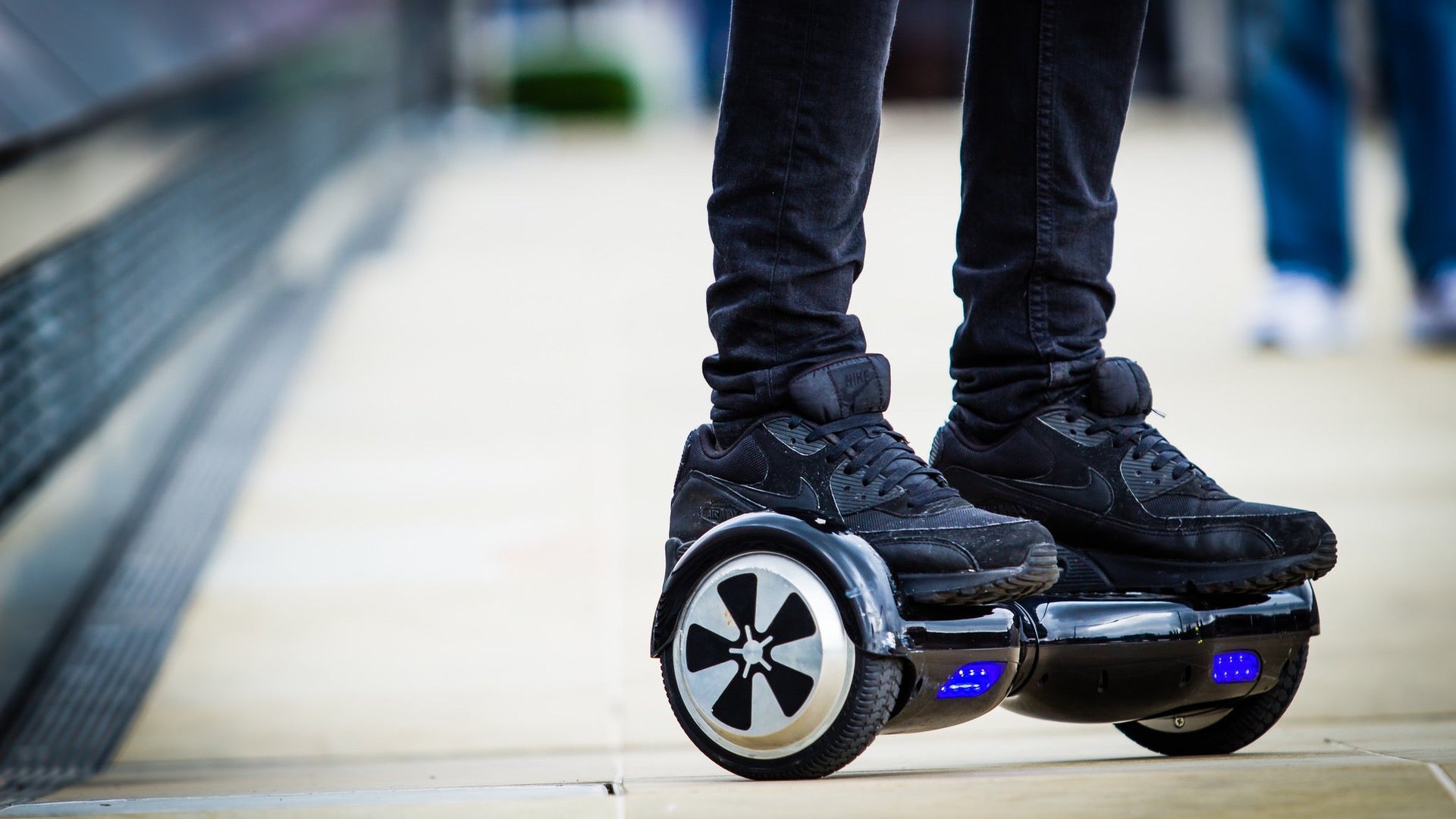
The must-have Christmas toy of 2015 has also been upsettingly prone to catching fire. Josh Horwitz traces the problem to China’s highly efficient—but unscrupulous—manufacturing base and weak regulation of consumer goods.